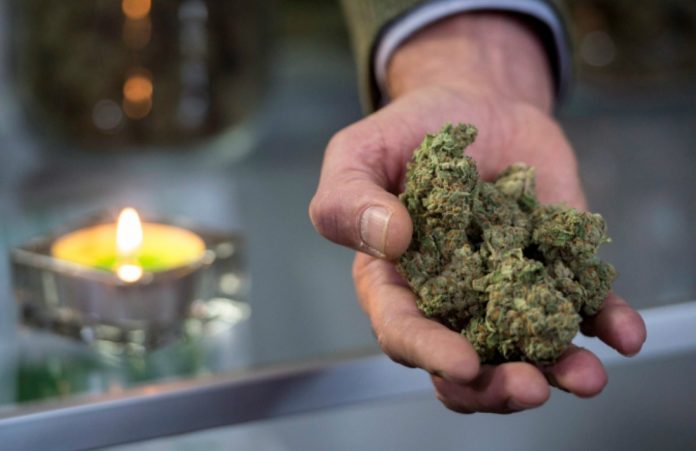The Government of Canada collects data to better understand how Canadians view and use cannabis. Through this data, the government can better monitor Canada’s national framework for controlling the production, distribution, sale and possession of cannabis under the Cannabis Act.
Health Canada published the results of the 2022 Canadian Cannabis Survey. Health Canada has conducted the Canadian Cannabis Survey every year since 2017. The 2022 survey is the sixth cycle of the survey, and data were collected from April to June 2022.
Key findings from the 2022 Canadian Cannabis Survey include:
- Past 12-month cannabis use among youth aged 16-19 has returned to pre-legalization levels in 2021 and 2022, after increasing between 2018 and 2020.
- Overall, proportions of those reporting daily or almost daily cannabis use among those who use cannabis (an indicator of problematic or high-risk cannabis use behaviour) have been stable since 2018, including among youth aged 16-19.
- The percentage of those classified at ‘high-risk’ of developing problems from their cannabis use has remained stable since 2018.
- The proportion of respondents smoking cannabis have continued to decline since 2018 while vapourizing cannabis using a vape pen has increased since 2021.
- Smoking is still the most common method of consuming cannabis, followed by eating and vapourizing with a vape pen or e-cigarette.
- A greater proportion of respondents reported a legal source as their usual source of cannabis compared to 2021, with legal storefronts being the most common source since 2019. A smaller proportion reported illegal storefronts and illegal online sources in 2022 compared to 2019.
- Among those who used cannabis, driving after recent use decreased between 2018 and 2021 and remained unchanged in 2022.
- More than a quarter of those who used cannabis for medical purposes said they did so with a document from a healthcare professional, an increase since 2021.
Results of the Canadian Cannabis Survey will be used to inform policy and program development, and help target public education and awareness activities. The data from the survey will also help inform the legislative review of the Cannabis Act, which is being led by an independent expert panel.
This important survey complements Health Canada’s other national substance use surveys, including the Canadian Alcohol and Drugs Survey and the Canadian Student Tobacco, Alcohol and Drugs Survey.








